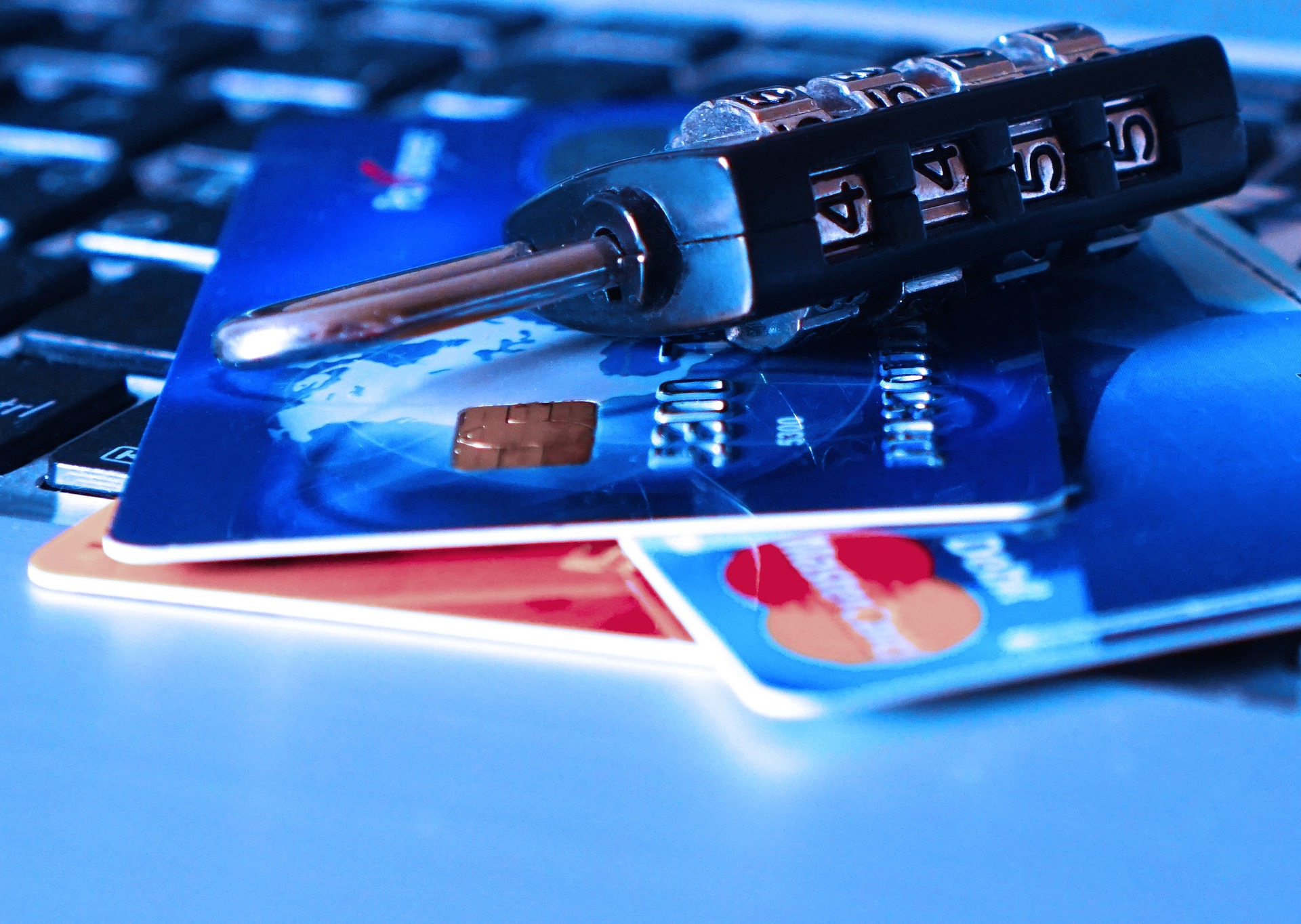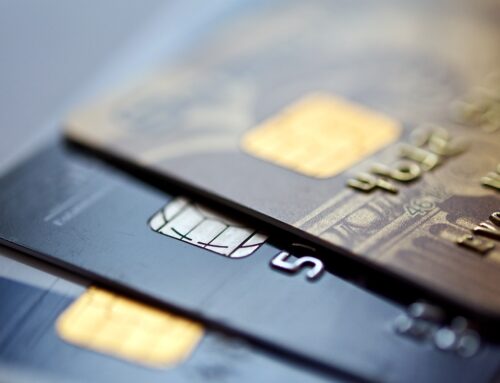The Impact of Identity Theft on Your Credit
Identity theft is a growing concern in today’s digital age, and its impact on your credit score can be devastating. Identity theft occurs when someone steals your personal information, such as your Social Security number, name, or date of birth, and uses it to commit fraud. This can include opening credit card accounts, applying for loans, or even renting an apartment. In this article, we’ll explore the impact of identity theft on your credit and what you can do to protect yourself.
Understanding Credit Scores
Before we dive into the impact of identity theft on your credit, it’s important to understand what a credit score is and how it’s calculated. A credit score is a three-digit number that represents your creditworthiness. The higher your score, the more likely you are to be approved for loans and credit cards, and the lower your interest rates will be.
Your credit score is calculated based on a number of factors, including your payment history, the amount of debt you have, the length of your credit history, and the types of credit you have. It’s important to note that not all credit scores are created equal, and different lenders may use different scoring models.
The Impact of Identity Theft on Your Credit
If you become a victim of identity theft, the impact on your credit can be significant. The thief may open new credit card accounts, take out loans, or even apply for a mortgage in your name. If these accounts go unpaid, it can damage your credit score.
In addition to damaging your credit score, identity theft can also make it difficult for you to obtain credit in the future. Lenders may be hesitant to approve you for new loans or credit cards if they see that you’ve been a victim of identity theft in the past.
What to Do if You’re a Victim of Identity Theft
If you believe that you’ve been a victim of identity theft, there are several steps that you should take to protect yourself and your credit. First, you should contact the three major credit bureaus (Experian, TransUnion, and Equifax) and place a fraud alert on your credit report. This will alert lenders that you may be a victim of identity theft and can help prevent further fraud.
You should also contact any lenders or financial institutions where fraudulent accounts have been opened in your name and inform them of the situation. They may be able to close the accounts and remove any fraudulent charges.
Finally, it’s important to regularly monitor your credit reports to ensure that there are no new fraudulent accounts or charges. You can obtain a free copy of your credit report from each of the major credit bureaus once per year.
Protecting Yourself from Identity Theft
While it’s impossible to completely eliminate the risk of identity theft, there are several steps that you can take to protect yourself. First, you should always be cautious when providing personal information online or over the phone. Only provide personal information to trusted sources, and never provide your Social Security number unless it’s absolutely necessary.
You should also regularly monitor your credit reports and bank statements for any suspicious activity. If you notice any unauthorized charges or activity, you should report it to your bank or credit card company immediately.
In addition, you can sign up for identity theft protection services, which can help monitor your credit reports and alert you to any suspicious activity.
Identity theft can have a significant impact on your credit score and financial well-being. If you believe that you’ve been a victim of identity theft, it’s important to take immediate action to protect yourself and your credit. By taking steps to protect your personal information and monitoring your credit reports, you can reduce the risk of identity theft and protect your financial future.
Bullet Points:
- Identity theft is a growing concern in today’s digital age
- Identity theft can affect every aspect of your life, from your credit score to your financial future
- There are many ways thieves can steal your identity, including phishing scams and hacking into your online accounts
- Identity theft can lower your credit score, make it difficult to get approved for loans or credit, and even lead to legal trouble
- To protect yourself from identity theft, it’s important to monitor your credit report regularly, secure your personal information, use strong passwords, and be cautious with emails and phone calls
- If you are a victim of identity theft, it’s important to report the theft to the authorities, contact your bank and creditors, and place a fraud alert or credit freeze on your credit report
- Rebuilding your credit after identity theft takes time, but it’s possible with responsible credit use, disputing errors on your credit report, and considering a secured credit card
Do you know your credit score?
Most people don’t. In fact, a lot of people are surprised when they find out their score is lower than they thought. That’s where we come in – MastersCredit.com can help you determine exactly what’s hurting your credit so that the steps to fix it are clear and simple! We’re a credit repair company, so take our free online credit evaluation today, or call 1-844-620-8796 for more information.
You deserve to have great credit! It’s not only important for big things like getting a loan or buying a house, but also for everyday things like renting an apartment or setting up utilities. Let us help you get your credit back on track so you can enjoy life without worrying about your finances.
Take our free online credit evaluation today!
[wpi_designer_button slide_id=6350]
Note: The information on this website is for general purposes only and does not constitute financial or legal advice.







Leave A Comment